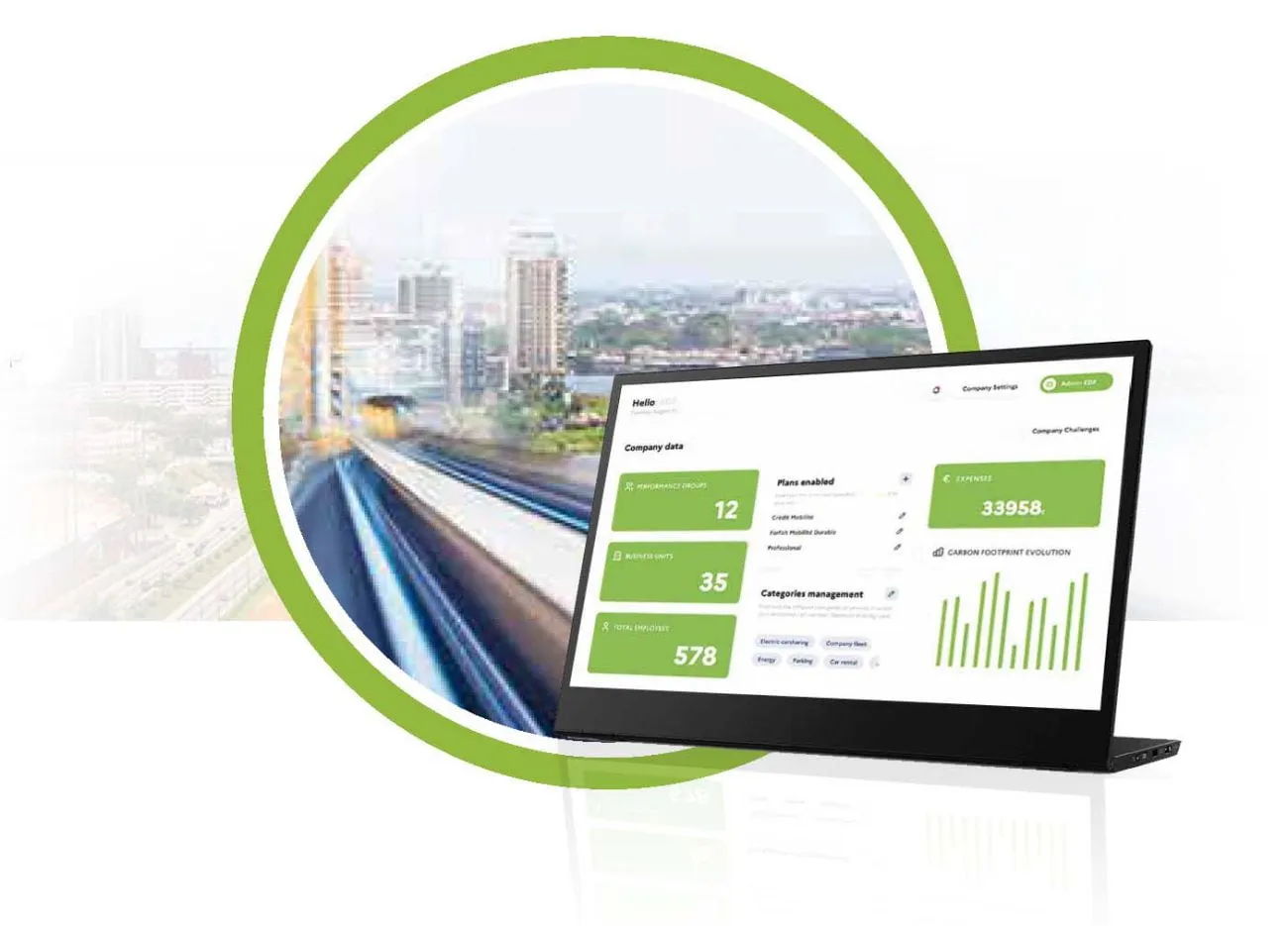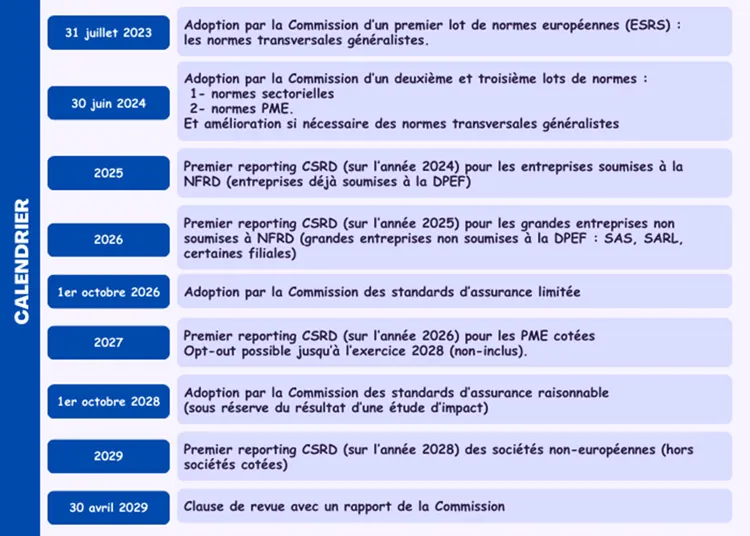- La CSRD replaces the NFRD and eventually imposes on ~50,000 businesses one extra-financial reporting detailed, including environmental impacts.
- On the fleet side, this means measuring and tracking CO₂ emissions (per vehicle, trip, energy) to feed into RSE/ESG reports.
- Businesses will need to strengthen the steering the energy transition : electrification, reduction of consumption and transparency of indicators.
- OPTIMUM automatically centralizes fleet data useful to CSRD reporting (CO₂, uses, energy) in exportable dashboards.
- Customer benefit: simplified compliance, reliable data and greening decisions based on reality.


Fleet management is about to undergo major changes when the European Corporate Sustainability Reporting Directive (CSRD) comes into force on 7 December 2023. The aim of this legislation is to harmonize sustainability reporting and to improve corporate responsibility in terms of sustainable development and transparency in their approach to CSR.
In this article, discover the main changes to be expected and the new features that will have an impact on fleet management.
1 What is the CSRD law?

The European CSRD Directive is a new regulation that will be implemented gradually based on certain criteria and will require more than 50,000 companies to publish information on corporate social responsibility (CSR) issues in their financial reports from January 2024.
This directive replaces the NFRD (Non-Financial Reporting Directive). In other words, businesses will need to include more qualitative and accurate information on their social and environmental impact in their “traditional” financial reports.
2. Does CSRD apply to me?
3. Changes and consequences for vehicle fleet management:

- An obligation to report CO2 emissions: companies will have to provide information on the CO2 emissions of their vehicle fleet, as well as on the measures put in place to reduce these emissions. In this regard, the solutions of fleet management of vehicles, such as Optimum Automotive They can be used to provide valuable indicators of the environmental impact of vehicle fleets, as well as to implement practical measures aimed at reducing and optimizing CO2 emissions from vehicles and, more broadly, professional mobility: analysis and optimization of driving behavior, carsharing and carpooling, alternative mobility.
- An analysis of the business risks associated with climate change: Businesses are encouraged to identify, mitigate and report on the negative impacts and risks of climate change on their businesses.
- Addressing negative externalities: Businesses will need to take into account negative externalities, such as air pollution and road accidents, when managing their vehicle fleet. This includes assessing the impact of these externalities on a company's financial performance and implementing strategies to mitigate them.
4. New features and changes to be expected:
- Harmonization of sustainability reports: Businesses will need to use a standardized format for their sustainability reports, which will make it easier to compare businesses and improve transparency.
- External verification of sustainability reports: sustainability reports should be verified by an independent third party, in order to reinforce the reliability of the information provided. (Statutory auditor or accredited independent third party organization)
- Extending the scope of the directive: the CSRD will apply to a greater number of companies than at present.
5. CSRD implementation schedule

In short
The climate emergency is now very real and businesses are encouraged to contribute, regardless of their size. For several years, measures (LOM, ZFE, etc.) aimed at minimizing the environmental impact of car fleets and business trips have been multiplying. To facilitate this transition to more sustainable mobility, it is essential that businesses have tools that allow them to measure and reduce their carbon footprint.
Specializing in connected vehicles and professional mobility since 2006, Optimum Automotive supports companies and public authorities in the financial and environmental optimization of mobility through 4 areas of expertise:
- Optimum Automotive offers one fleet management solution which includes all connected services.
- Optimum offers a shared mobility solution to introduce and promote carsharing and carpooling in the workplace.
- Optimal data exploration: a reporting center automated based on the intelligent use of data to guide decision-making in vehicle fleet management and employee mobility.



